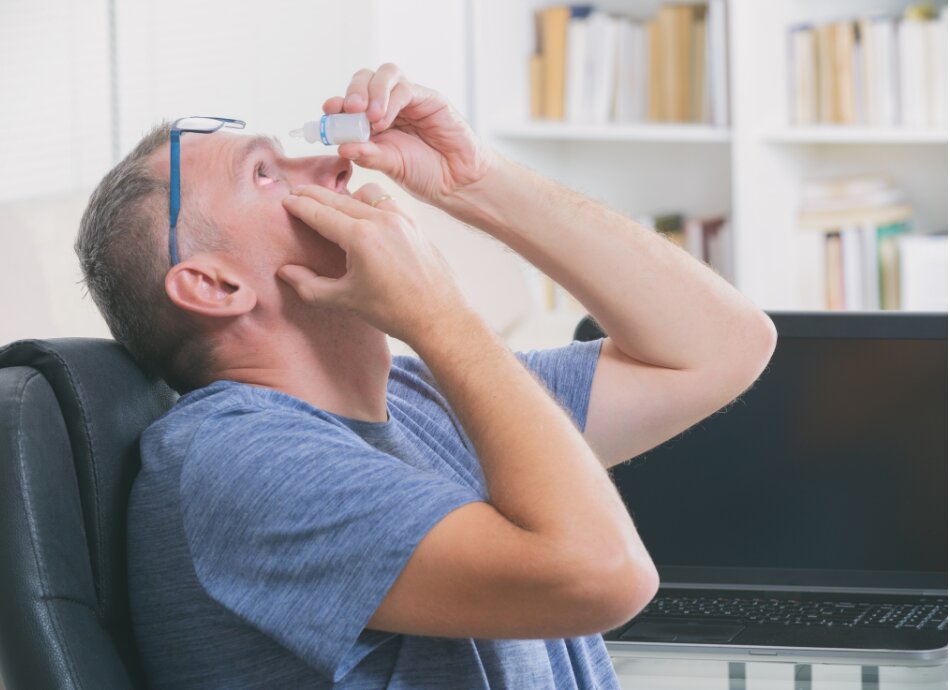Entropion can be present at birth (congenital) or acquired. Some of the acquired causes of entropion include:
- ageing
- trachoma infection
- burns
- damage to your lower eyelid.

Low or no data? Visit zero.govt.nz, scroll down the page then click on our logo to return to our site and browse for free.

Entropion can be present at birth (congenital) or acquired. Some of the acquired causes of entropion include:
The main symptoms of entropion are:
See a doctor immediately if you have any of these:
If you are concerned that you might have entropion, it is important to see your local GP or optometrist for an eye examination. They are able to detect eye diseases and assess what may be causing your symptoms. You will then be referred to an eye specialist (ophthalmologist) for further treatment if necessary. No special tests are needed most of the time.
Treatment of entropion depends on its severity. If you have dry eyes or mild cases, use an eye lubricant such as artificial tears, to keep the eyes moist. In severe cases, surgery aimed at rectifying the underlying cause is recommended.
If your eyes become increasingly red or painful, or your sight becomes blurred see your doctor. You may need antibiotic or steroid eye drops.
The surgery for treatment of entropion is called eyelid surgery. Your eye surgeon or ophthalmologist will be able to recommend the best procedure for you.
While your eyes are irritated, avoid using eye makeup such as eyeshadow, eyeliner and other cosmetics around the eye. Also, avoid using contact lenses until the condition is under control.
As you get older, you should get your eyes checked regularly. Also get your eyes checked straight away if you notice any changes or you think your vision is not as clear as it used to be.
Wear sunglasses to reduce glare and UV damage.
Entropion(external link)(external link) MedlinePlus, US
Auckland Eye(external link)(external link) NZ
Ectropion(external link)(external link) Cleveland Clinic, US
Credits: Adapted with permission from The Auckland Eye Manual
Reviewed by: Dr Janine Bycroft
Page last updated: